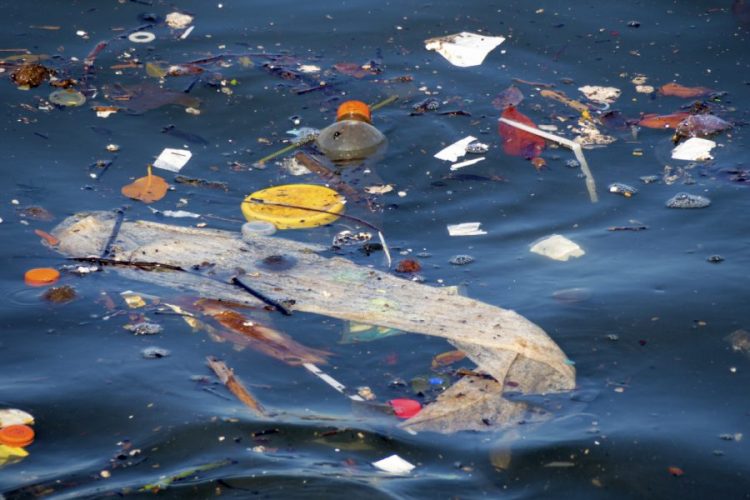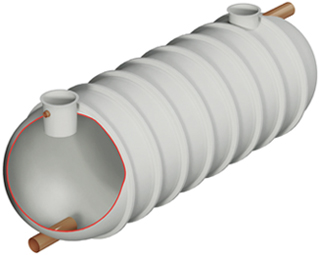
63% of the public believe they are ‘very aware’ of what they shouldn’t put down the drain. However, this does not reflect the fact that the misuse of drains, including flushing the incorrect items down the toilet, causes over 300,000 sewer blockages a year across the UK. So in order to decrease this number, in this article we are covering what you shouldn’t flush down the toilet, and what effect it has on the sewers and environment when you do.
Items people commonly flush
- Personal items: wipes, pads/tampons, nappies, condoms, medication, paper towels or tissues, cotton buds, dental floss, plasters, contact lenses
- Kitchen waste: food leftovers, fats, oils and grease
- Chemicals: dyes, motor oil, glue, solvents, petrol, bleach, paint
- Other materials: wood, cigarette butts, textiles, animal faeces, cat litter, hair, deceased animals
Why you shouldn’t flush plastics
In the UK alone, 1.5 to 2 million sanitary items are flushed down the toilet every year. These products are enough to cause significant problems in our sewers, but combined with the other miscellaneous flushed items and fats which are poured down the sink, the results can be catastrophic.
Anything you flush that isn’t human waste or toilet paper eventually causes blockages in the sewers. These non-biodegradable items which are flushed or tipped down the sink eventually accumulate and form ‘fatbergs’. Fatbergs are congealed masses of sanitary items, kitchen waste and other materials, held together with fats and grease. At their worst, fatbergs can block almost the entire sewer, which makes it impossible for the sewer to transport wastewater.
Sewer blockages can cause problems such as:
- Damaging the structure of the sewer or drain
- Health hazards due to sewage spills
- Pollution of rivers/lakes/streams
- Sewage and drain flooding
- Serious flooding during heavy rain
The plastic components of these miscellaneous items make it particularly difficult for them to break down. Sanitary pads and tampons, for example, have plastic woven into their fabric, and this makes them an even bigger problem when it comes to blocking sewers, as they never disintegrate. Food waste and other materials which do not contain plastic have the ability to break down, but as the conditions are not ideal for this natural process, they usually end up decomposing slowly and attracting rats instead.
How flushing plastic items affects the environment
Two-thirds of the plastic that ends up in our oceans comes from land-based sources, and one of the main culprits is people flushing plastic items down the toilet. With 8 million pieces of plastic being sent into the ocean every day, the amount of plastic residing there has been building at a terrifying rate. At the moment there are about 51 trillion microscopic bits of plastic in the ocean.
Plastic in the ocean has a dramatic effect on wildlife and ecosystems in general. Dolphins, whales, fish, and seabirds often mistake bits of plastic such as plastic bags or packaging for food and will ingest them. This ultimately can lead to their death as the plastic doesn’t pass through their system properly and instead causes blockages in the stomach and intestine.
You may be thinking that plastic pollution in our oceans does not have a direct impact on us, but this is not true. Firstly, 1 in 3 fish that are caught for human consumption contain plastics, and these plastics carry chemicals like DDT and PCB which are linked to some cancers and endocrine disruption. Secondly, coastal tourism is worth £5.5 billion to the UK economy, and with beaches covered in plastic rubbish, it won’t be quite as attractive to tourists.
With over 20 years’ experience working in the industry, Wildon UK’s team of engineers are all highly trained to deal with domestic, commercial, industrial or agricultural issues across all spectrums, including: drainage, sewage treatment, sewage pumps, septic tanks and sewage pumping stations.
If you would like to learn more about how to use drains in a safe and eco-friendly manner, or suspect you have a drain blockage, then the experts here at Wildon UK can help. We restore natural working order to sewers and drainage systems all across Stoke-on-Trent, Staffordshire and the rest of the UK.
Get in touch with our team to find out more.










